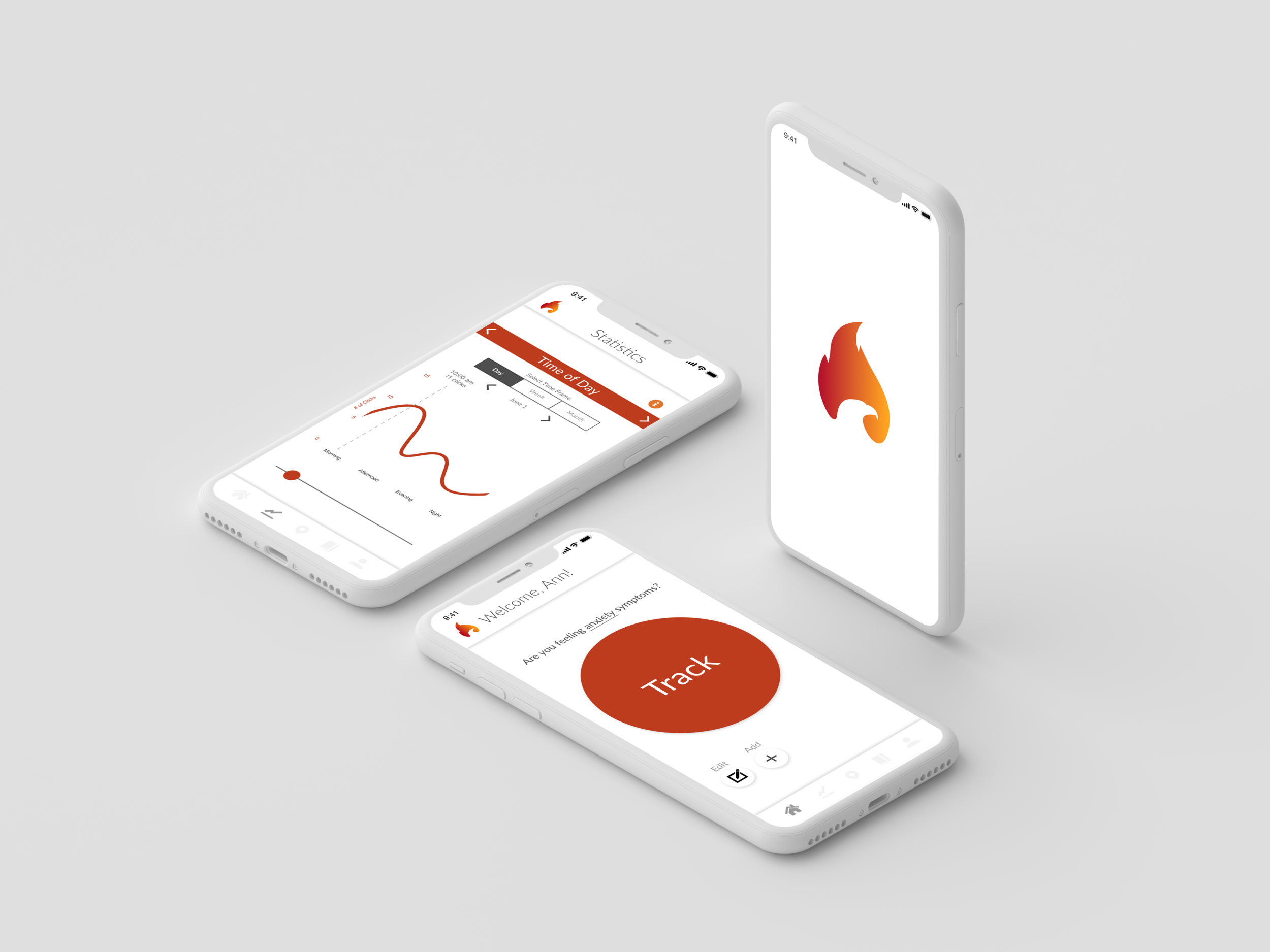BY: MADELEINE WALLIS
It Happened To Me: A Personal Experience with Anxiety, Depression, and Memory Loss
I was 17 when I was driving and I forgot where I was going the first time. I approached an intersection and suddenly realized I didn’t know if I was to go straight, turn right, or turn left. I had to pull over and pull out my phone to look at my calendar to figure out what my destination was. I thought the experience was weird, but I was young and didn’t know what to do about it.
Over time it felt like a thick cloud was coming into my brain and fogging up my thinking. (Otherwise known as “Brain Fog.”) I began to frequently forget where I was going, people I had already met, and important events.
What was so perplexing about all of it, however, was the fact that as a child I had an excellent memory. My family still makes fun of me and says I have an “elephant brain” because I remembered everything. (In elementary school I would come home and regurgitate what the day’s lectures word for word and I’m pretty positive that was why I was academically successful as a child.)
However, after some childhood stressors, I began to feel like my brain was broken. I started experiencing symptoms of anxiety and depression, but being so young I did not know what to do about them.
The cloud slowly thickened over the years. In college I struggled academically, more than any other time in my life . What was something I was once really good at, I started to fail at. When I opened up to my friends about my feelings and experiences they encouraged me to visit the university’s counseling center. It took me about 3 tries to finally work up the courage to meet with a counselor, but once I did I was diagnosed with severe anxiety and moderate to severe depression. My counselor explained to me that my forgetfulness was related to my anxiety and depression, and that I was not alone.
The Science Behind Memory, Anxiety, and Depression
It turns out, poor memory is a frequent symptom of depression and anxiety and it’s worth talking about. A study published by the International Journal of Geriatric Psychiatry concluded,
“Anxiety is inter‐related and inseparable with loss of memory and its presence is a strong predictor for future cognitive decline, directly or indirectly via depression.”
Depression and anxiety are mental illnesses because something in the brain is broken, not because our emotions are broken. Therefore, it only makes sense that mental health affects more than our emotions: it affects our ability to learn and remember things!
In an article published by Rivier University fall 2018, “Researchers found that short-term stress-activated certain molecules that in turn limit processes in the brain’s learning and memory region. As a result, given the link between anxiety and stress, both long-term and short-term anxiety can impact memory.”
Mental illness is not broken emotions, it's a broken brain.
It Affects Our Ability To Get The Treatment We Need
This symptom of anxiety and depression is not only devastating for our daily lives, it also affects our ability to get proper treatment. I think Glennon Doyle describes this, best in her book, “Untamed”:
“This is what happens to us: We are in our homes, and we start sinking down, down, down or floating up, up, and away. We are fading and freaking out. We are in the bad part. So we make an appointment with our doctor for help. Our appointment is in a few days. We wait.
We start to feel a little better, day by day. The morning of our appointment, as we shower and get into the car, we can’t even remember who we were or what we felt like three days ago. So we look at the doctor and think: My down self is impossible to explain. I barely remember her. Was that even real? We end up saying something like “I don’t know. I get sad. I guess everyone does. I’m fine now, I guess.” Then we leave, without help.
A few days later we are in our homes. And we start sinking and floating again. And so forth.”
A Tool To Help You Keep Track and Not Forget!
The Ascendant App is so great because it makes tracking mental health easy. When I start to feel off, or notice my body is freaking out at me, all I have to do is push the button. Done. Ascendant has recorded where and when I am. This makes it easier for me to assess what my triggers may be, and also helps health care professionals. The data is there and ready for them.
With Ascendant, healthcare professionals don’t have to ask you “how are you doing?” and like the good citizen you are, you don’t have to lie and respond, “I’m fine,” and then doubt why you’re even there in the first place. Your doctor, therapist, counselor, can look at your data and say, “I see Tuesday was hard for you last week. Let’s talk about what was going on last Tuesday.”
Resources:
Doyle, G. (2020). Invaders. In Untamed (pp. 276-277). New York, NY: The Dial Press.
Sinoff G, Werner P. Anxiety disorder and accompanying subjective memory loss in the elderly as a predictor of future cognitive decline. Int J Geriatr Psychiatry. 2003 Oct;18(10):951-9. doi: 10.1002/gps.1004. PMID: 14533128.
Street Nashua, 4., & Navigation Facebook Twitter Instagram LinkedIn YouTube, S. (2018, November 20). The relationship between anxiety and memory loss. Retrieved February 23, 2021, from https://www.rivier.edu/academics/blog-posts/the-relationship-between-anxiety-and-memory-loss/
University of California - Irvine. "Short-term Stress Can Affect Learning And Memory." ScienceDaily. ScienceDaily, 13 March 2008. <www.sciencedaily.com/releases/2008/03/080311182434.htm>.




